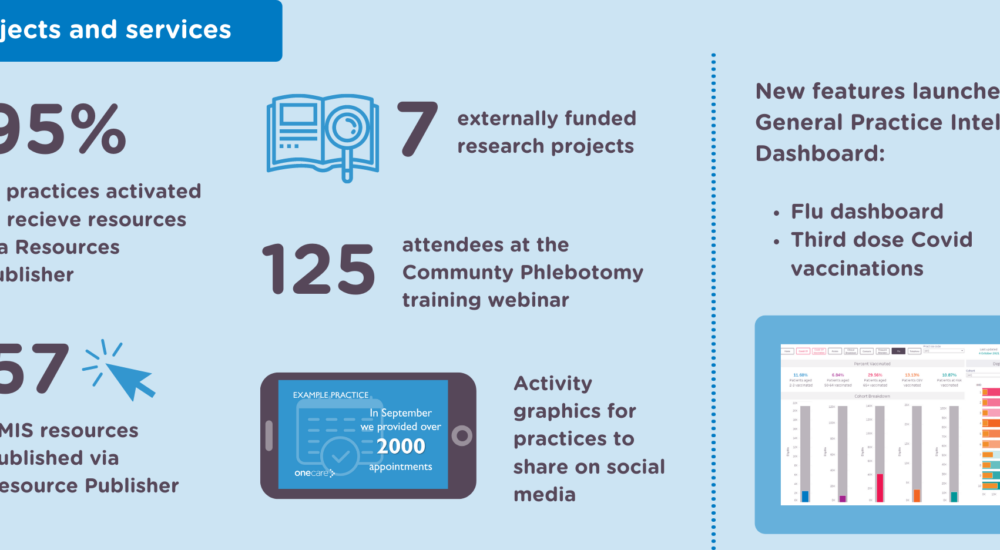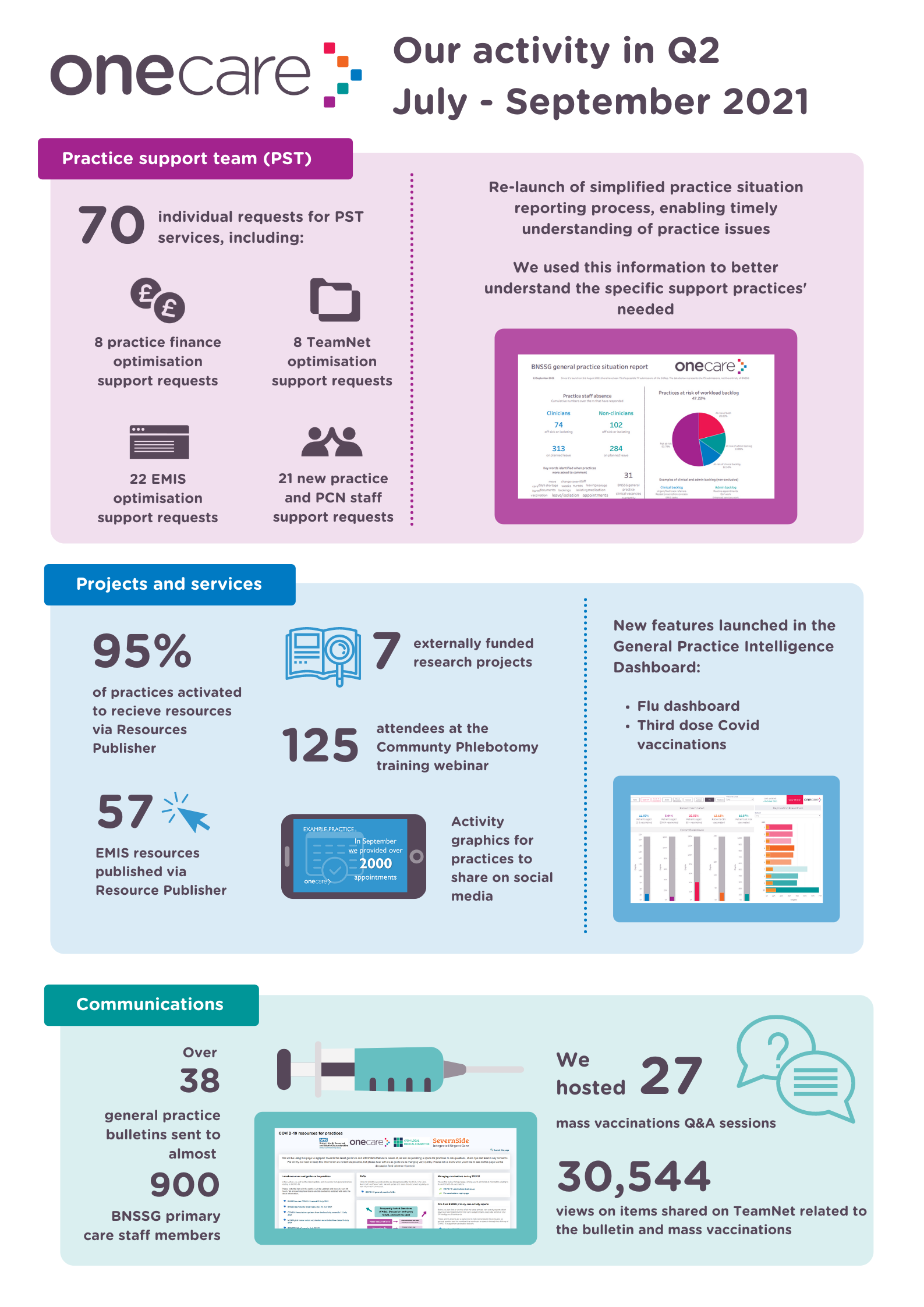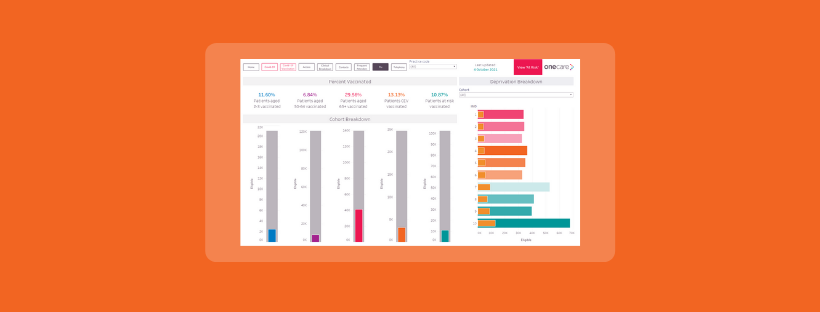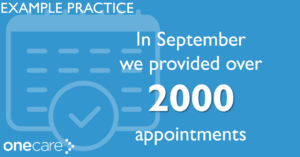During national Self-Care Week (15-21 November 2021), doctors and pharmacists in Bristol, North Somerset and South Gloucestershire are encouraging people to get ‘self-care aware’ by practicing a healthy lifestyle and familiarising themselves with how to treat minor ailments and illnesses at home.
The national campaign aims to help people to better look after their own health – including self-treating very minor illnesses or injuries with help from pharmacists and the NHS website, taking steps to manage long-term health conditions and making healthy lifestyle choices such as exercising and eating well.
Local GP Dr Jonathan Hayes is chair of the Bristol, North Somerset and South Gloucestershire Clinical Commissioning Group and is backing the campaign. He said: “Self-care and knowing how to look after our physical and mental wellbeing is a vital skill that we can all learn and it’s especially important at this time of year as we approach winter when staying healthy is so important.
“We already practice self-care by brushing our teeth, exercising and wrapping up warm during cold weather, but self-care can also include treating minor ailments at home and managing long-term conditions like diabetes or asthma with advice from your local pharmacist or family doctor.
“Fortunately there is wealth of advice and information out there to help people do this – and better still, by practicing self-care, people can help doctors, nurses and other professionals to care for those who really need their skills and expertise.”
This year’s campaign theme is ‘Practise Self Care for Life’ with a focus on developing long-term self-care habits for a happier, healthier life.
Here are seven top tips for better self-care this winter:
1. Get the right advice
Self-care advice and help with treating very minor ailments is available from your local GP and pharmacist as well as the NHS website and the Self Care Forum.
For parents of young children, there’s the NHS HANDi App which gives parents specialist, up-to-date advice on common childhood illnesses and how to treat them. You can download it free for all smartphones.
This winter children’s charity Barnado’s has also introduced a new multilingual helpline offering advice about respiratory illnesses in children aged 0-3 for parents/carers from Black, Asian and Minority communities. Parents/carers can call the Boloh helpline on 0800 151 2605.
2. Talk to a pharmacist
With over 150 pharmacies across the area, you’re never far from a pharmacy and they’re a great source of expert advice on a wide range of winter illnesses. Community pharmacists are qualified healthcare professionals who can offer clinical advice as well as over-the-counter medicines.
Pharmacies are open throughout the day, evening and on weekends and you can be seen without an appointment. All pharmacies have a consultation room so you can discuss your queries and concerns in a private setting if you need to.
3. Keep a well-stocked medicine cabinet
Minor illnesses like coughs, colds, headaches and diarrhoea can quite easily disrupt your daily life if left alone. You can help yourself (and your family) feel better or recover at home if you have the right variety of medicines to hand.
Your community pharmacist will be able to advise you on the best options, and importantly which products are suitable for children.
4. Manage long-term conditions
Self-management helps people with long-term conditions like diabetes, arthritis or asthma to take control of their treatment by finding out more about their condition, learning skills to manage their health and working in partnership with their health team.
For example, your GP can help you develop an action plan and your pharmacist can also help with a medication review.
The Patients Association has more advice on self-management of long-term conditions.
5. Reduce alcohol intake and give up smoking
Stopping smoking and reducing your alcohol intake is a powerful way to self-care for the long term and minimise your chances of a wide range of health problems.
See the NHS Quit Smoking or Alcohol Support websites for more information.
6. Stay active
Whatever your age, there’s strong evidence that being physically active can help you lead a healthier and happier life. Try to be active every day and aim to achieve at least 20 minutes of physical activity per day through a variety of activities. See the NHS Get Active web pages.
7. Eat well
Eating a healthy, balanced diet is an important part of maintaining good health and can help you feel your best. This means eating a wide variety of foods in the right proportions and consuming the right amount of food and drink to achieve and maintain a healthy body weight – see the NHS Eatwell Guide for more advice.



















